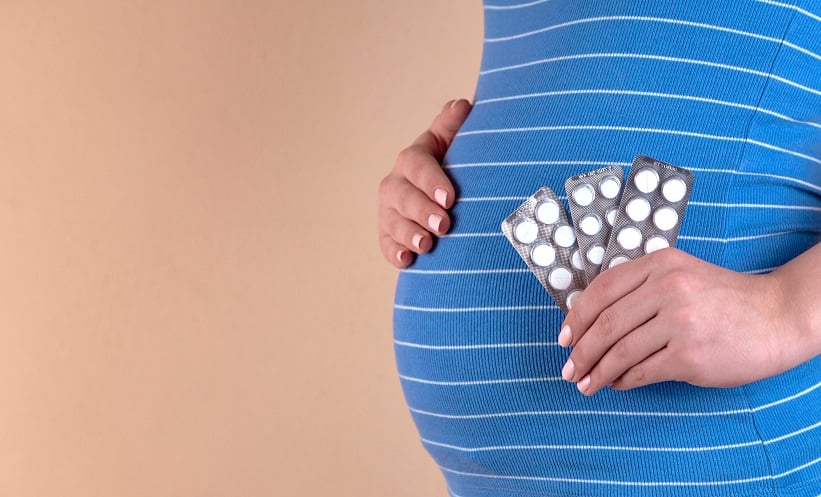17α-HYDROXYPROGESTERONE caproate (17-OHPC) is a synthetic progestogen initially approved in the 1950s for the treatment of gynaecological and obstetrical conditions. Despite concerns regarding the safety and short-term efficacy of this medication, 17-OHPC continues to be prescribed to females today to help prevent pre-term delivery. However, little is known about the long-term effects of this drug on offspring health. Therefore, a team of researchers investigated the relationship between in utero exposure to 17-OHPC and likelihood of cancer in offspring.
The scientists initially reviewed data from the Kaiser Foundation Health Plan (on females who received prenatal care between 1959 and 1966) and the California Cancer Registry (tracing cancer in offspring through 2019).
In total, 1,008 offspring were diagnosed with cancer. Approximately 1% of offspring (n=234) were exposed in utero to 17-OHPC. Subsequent analysis revealed that exposure in the first trimester was associated with an increased risk of any cancer (adjusted hazard ratio: 2.57; 95% confidence interval: 1.59–4.15). Furthermore, a greater number of injections also led to heightened risk. An adjusted hazard ratio of 1.80 was recorded for between one and two injections, increasing to 3.07 for three or more injections.
Caitlin Murphy, Associate Professor, University of Texas Health Science Center at Houston, Texas, USA, and lead author, provided a succinct summary of the results: “Our findings suggest taking this drug during pregnancy can disrupt early development, which may increase risk of cancer decades later.”
Murphy added: “With this drug, we are seeing the effects of a synthetic hormone. Things that happened to us in the womb, or exposures in utero, are important risk factors for developing cancer many decades after we’re born.”
Another randomised trial has determined that there is no benefit of taking 17-OHPC, and that it does not reduce the likelihood of pre-term delivery. Consequently, the U.S. Food and Drug Administration (FDA) proposed in October 2020 that this medication be withdrawn from the market. In addition, Murphy and colleagues concluded: “Caution using 17-OHPC in early pregnancy is warranted, given the possible link with cancer in offspring.”








